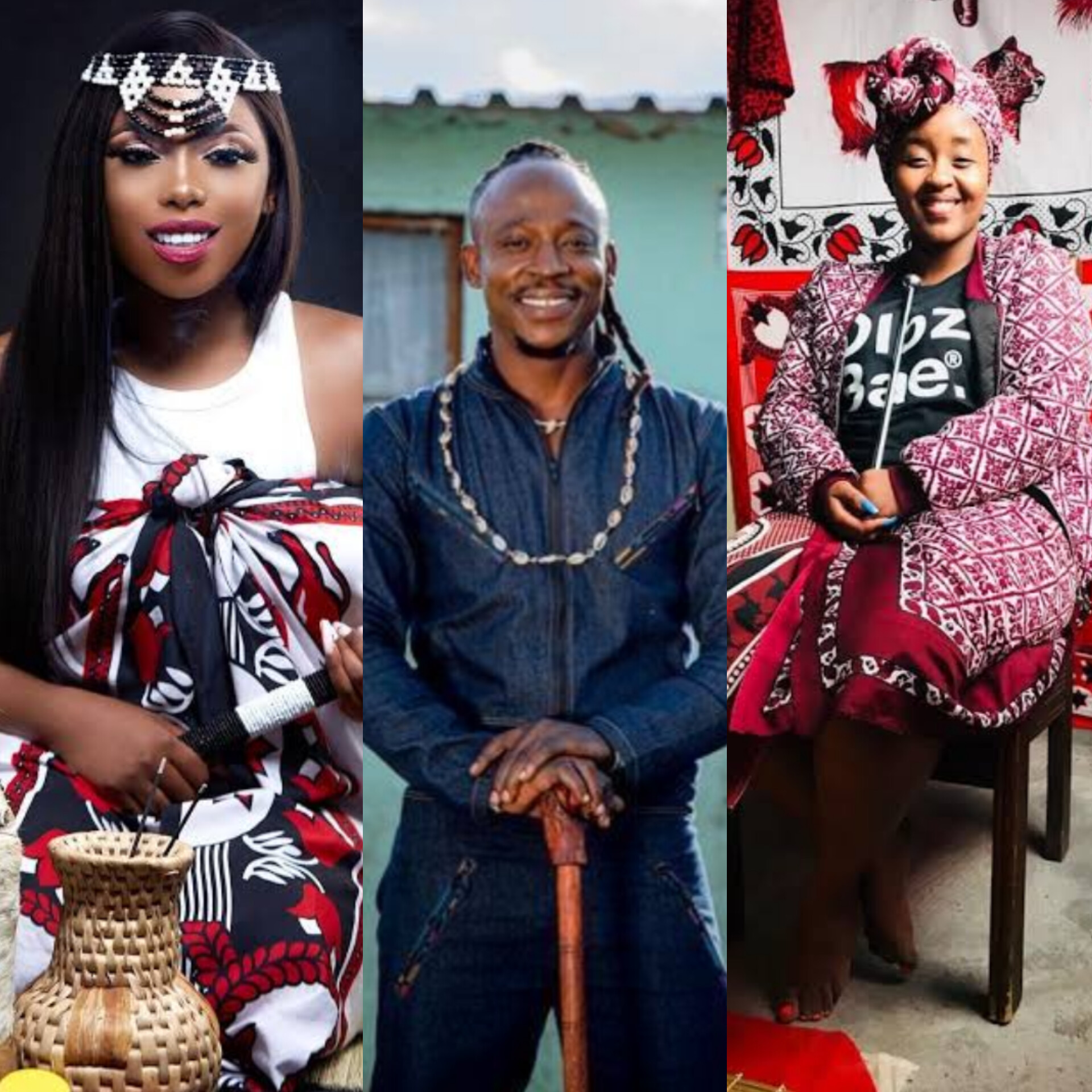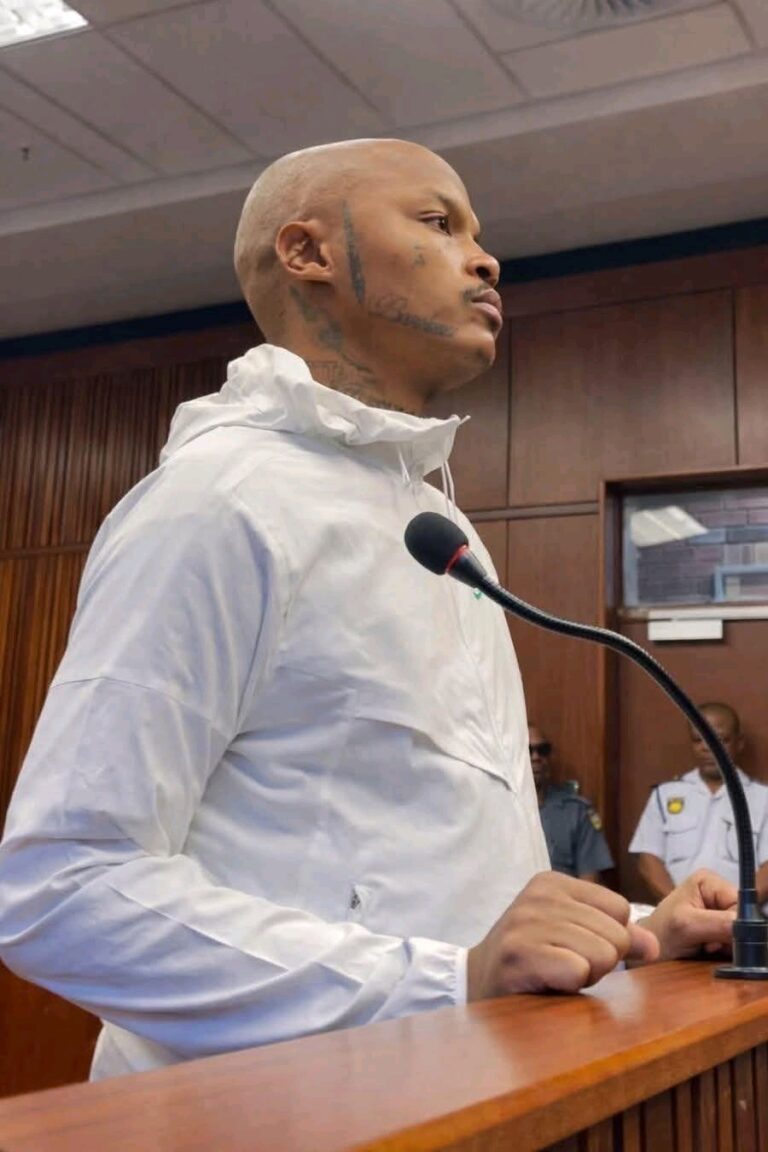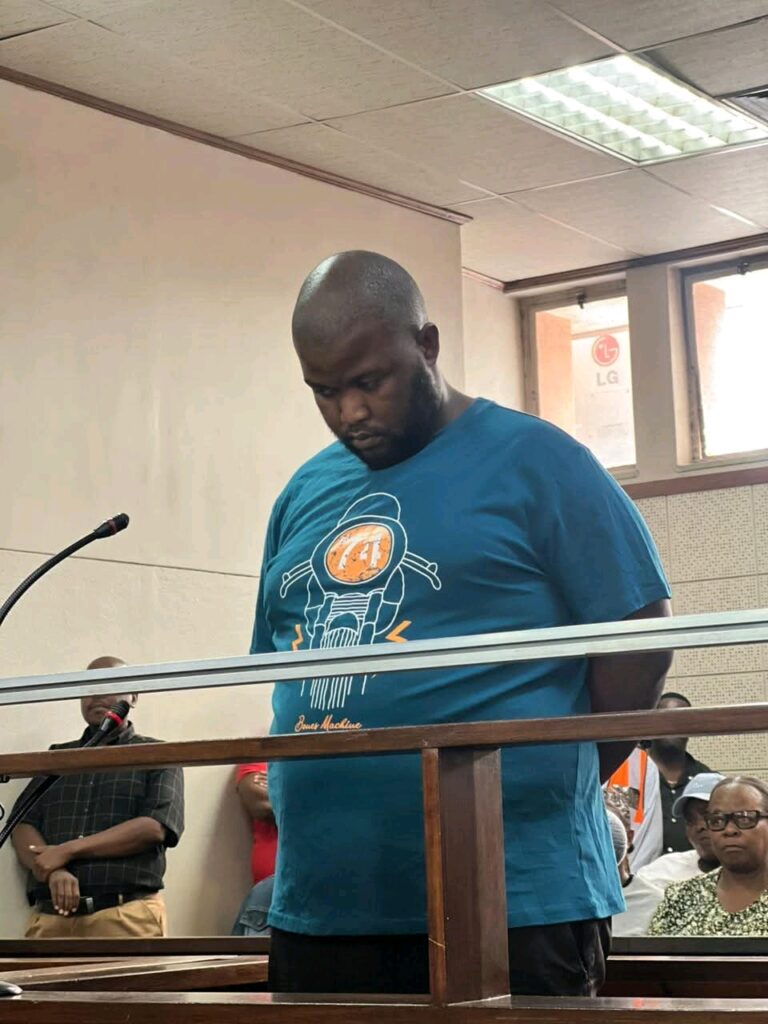
In recent years, South Africa has seen a growing trend of celebrities embracing traditional healing practices—known as ubungoma—only to later renounce it, often in favor of Christianity. This shift has sparked concern among traditional healers, who emphasize that ubungoma is not a lifestyle choice but a spiritual calling that must be respected.
Gogo Muntu Segage, coordinator of the Traditional Healers Association in Ekurhuleni, has strongly criticized this phenomenon. According to her, becoming a sangoma (traditional healer) or inyanga (herbalist) is not something one simply chooses or tries out. “Being a sangoma is a sacred duty, not a trend or a business opportunity. It requires humility, commitment, and a deep spiritual connection,” she told Daily Sun.
Celebrities such as actor Thabiso Mokhethi, rapper Gigi Lamayne, and media personality Gogo Skhotheni have publicly shared their journeys into ubungoma, only to later declare that they had left the practice and returned to Christianity. Gogo Muntu believes many of these cases result from misunderstandings or misguided motivations.
“People see izangoma living well and assume they can do the same. But if you step into this path without a true calling, it won’t last. And turning back comes with spiritual consequences,” she warned. Gogo Muntu pointed out that those who falsely assume the healer’s role can face emotional turmoil, spiritual confusion, and even risk harming those they’ve guided.
“What happens to the people they ‘healed’? If their lives begin to fall apart, they might not understand why. But spiritually, the ancestors may be reacting to betrayal,” she said, adding that ancestral retaliation can manifest in various forms, including spiritual blockages or disturbances for both the healer and their former clients.
She stressed that ubungoma is a lifelong commitment. “True izangoma don’t just stop. Even if age or illness slows them down, the calling remains. You carry it for life.”
Traditional healer Bheka Nzama echoed these sentiments, saying that many turn to ubungoma for the wrong reasons—often as a solution to personal problems. “People are misinformed. They’re told that becoming a sangoma will fix everything, but that’s not how it works,” he said.
Nzama criticized practitioners who promise quick fixes without telling the whole truth. “When the healing doesn’t come, they turn to God. But even then, if they continue to focus on their problems instead of building a genuine relationship with God, nothing will change.”
Both healers emphasized that ubungoma is not a phase or a career to be abandoned when it no longer serves one’s personal goals. It is a sacred, lifelong spiritual journey. Their message is clear: if the calling is real, it cannot be denied—and if it’s not, stepping into it can have lasting consequences.







